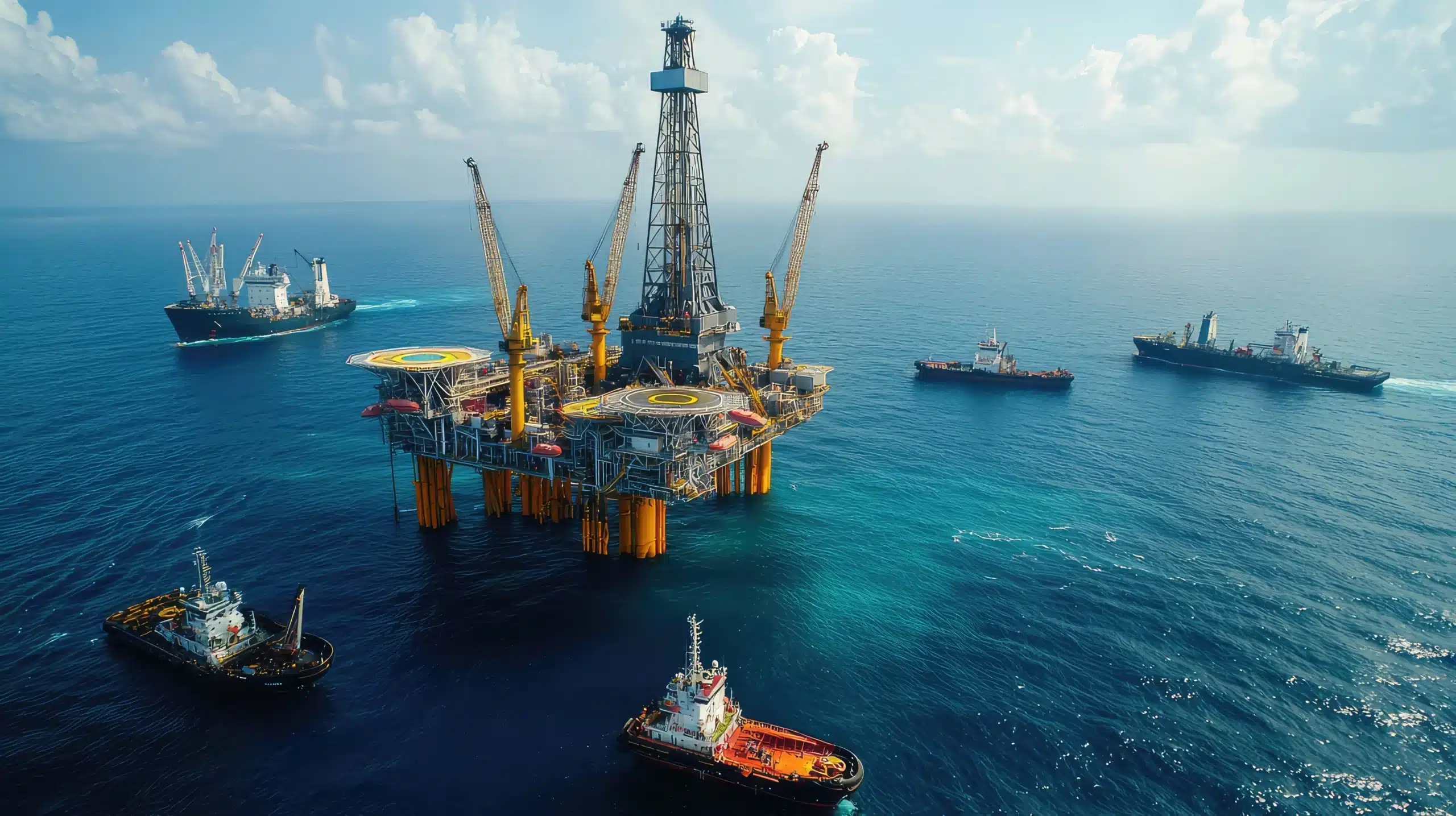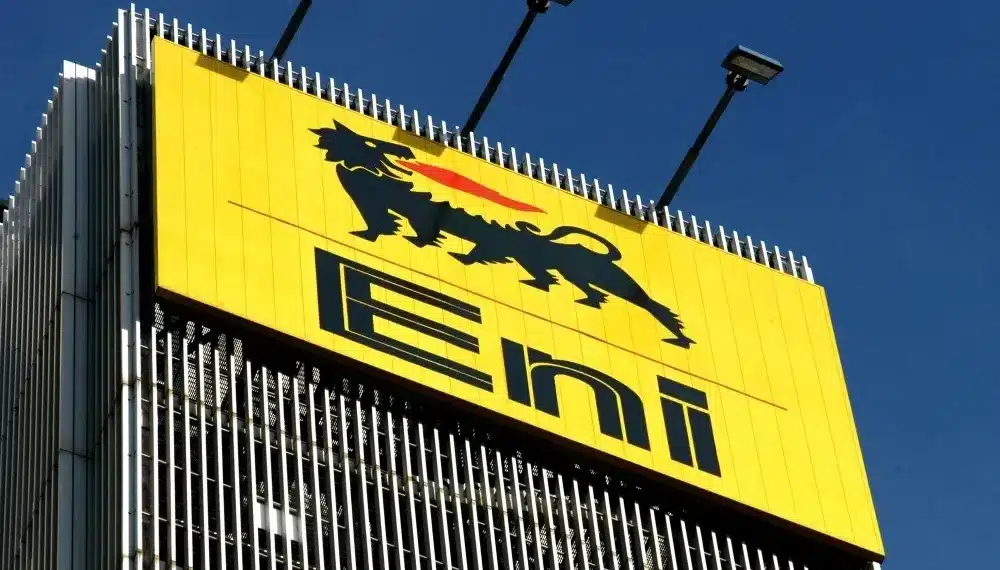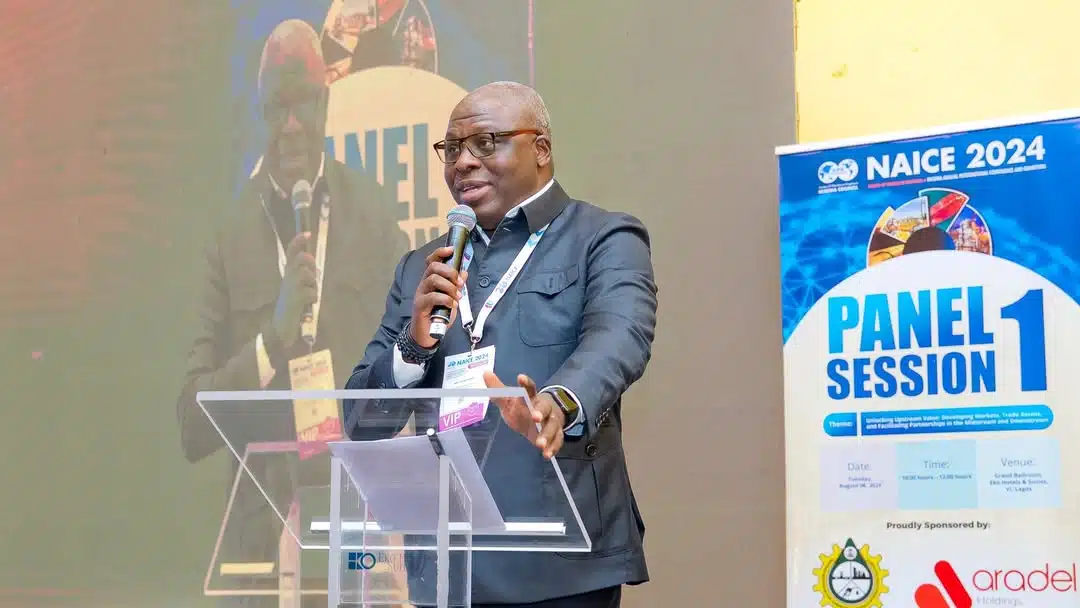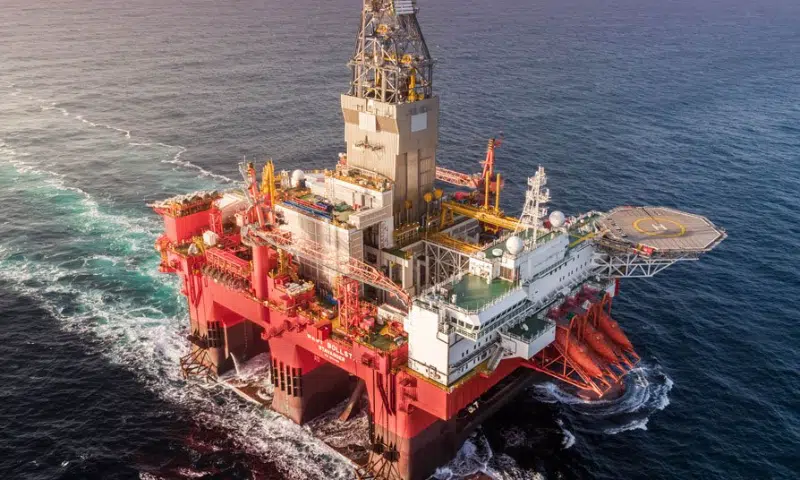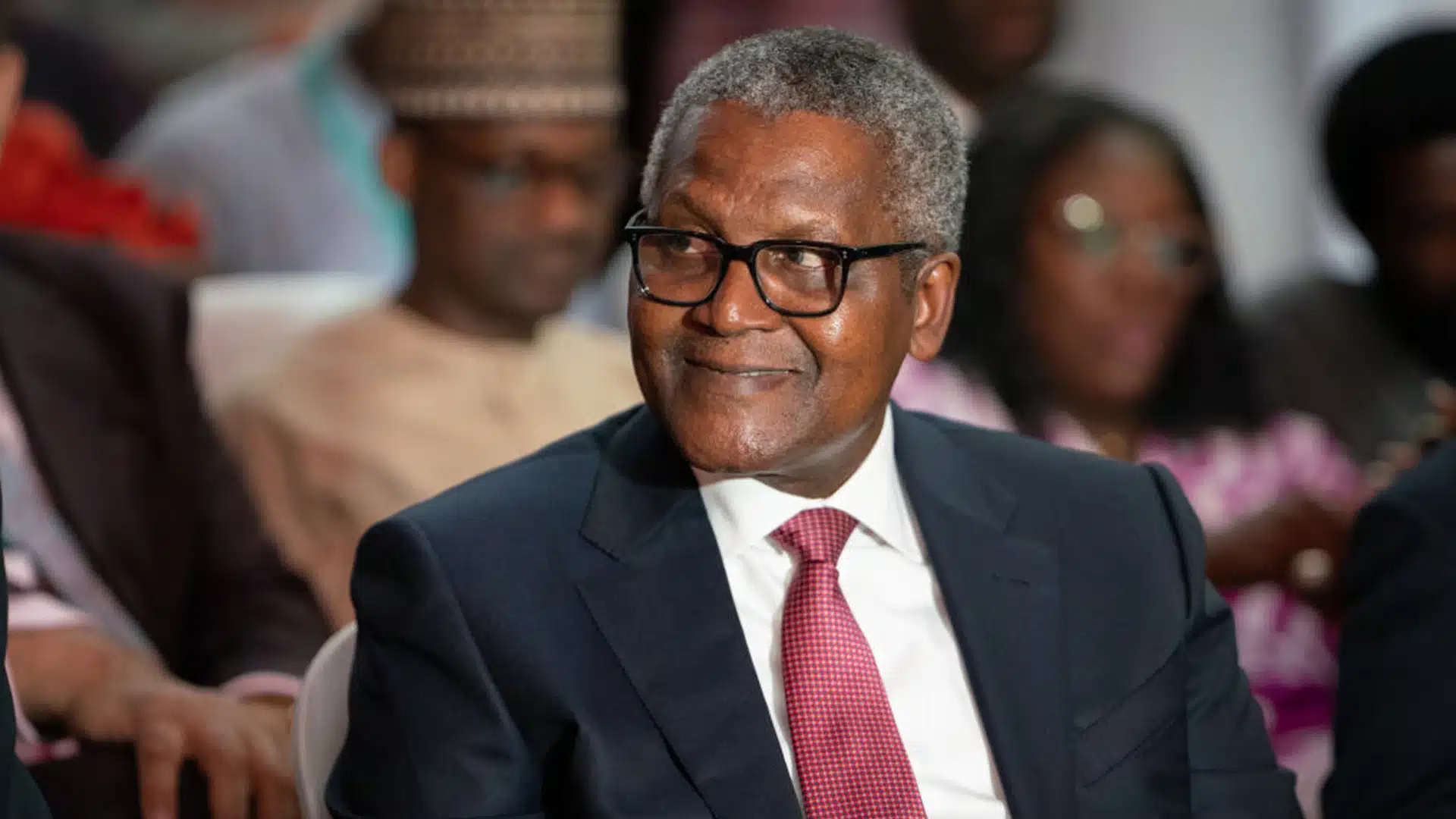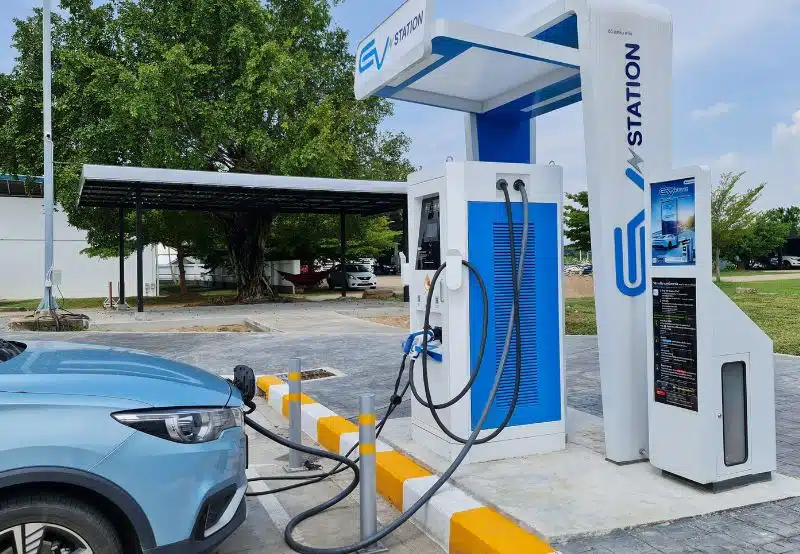Tanzania’s Petroleum Upstream Regulatory Authority (PURA), the regulatory body responsible for the country’s oil licensing, has announced plans to launch the country’s fifth oil and gas licensing round in May 2025 — its first since 2014.
The licensing round will offer 26 exploration blocks, three of which are located in Lake Tanganyika, while the remaining blocks lie in the Indian Ocean.
Speaking in an interview with Bloomberg published on Thursday, Charles Sangweni, PURA’s director general, said:
“We are proceeding with promotion activities because the blocks have already been identified and the data is in place. We are waiting for government approval of the Model Production Sharing Agreement, which outlines the fiscal terms,” Sangweni said.
Sangweni added that the country plans to launch the new bid round at the Africa Energy Summit, scheduled for mid-May in London.
The announcement aligns with Tanzania’s ongoing efforts to finalize negotiations for a $42 billion liquefied natural gas (LNG) export project, which has been nearly a decade in development.
The government is currently in talks with major energy companies, including Equinor and Shell, to resolve tax incentive issues that have delayed the project since 2023.
Following its acquisition of BG Group in 2016, Shell became the operator of Tanzania’s offshore Blocks 1 and 4, alongside partners Medco Energi (Ophir Energy) and Pavilion Energy.
These blocks have a combined 16 trillion cubic feet (Tcf) of discovered natural gas.
Equinor, on its part, began exploration drilling in Tanzania’s offshore Block 2 in 2011 and has made nine discoveries, with estimated in-place gas volumes exceeding 20 Tcf.
Last month, Energy Minister Doto Biteko expressed optimism that ongoing negotiations with LNG project developers over tax incentives would conclude by June this year.
Beyond the upcoming licensing round and LNG project, Tanzania is also working with Uganda, TotalEnergies, and CNOOC on the construction of a 1,445-kilometer pipeline to transport Ugandan crude oil to Tanzania’s Indian Ocean coast.
The pipeline is currently 47% complete, with an expected completion time of 36 months.
Also, Tanzania recently received an updated Field Development Plan (FDP) proposal from Aminex for the Ntorya gas field in the Ruvuma Basin, signaling continued progress on the project.
The eastern African country also played a vital role in advancing Africa’s energy development by hosting the “Mission 300” summit in Dar es Salaam in January, where stakeholders and leaders met from around the continent to discuss electricity access across Africa.

